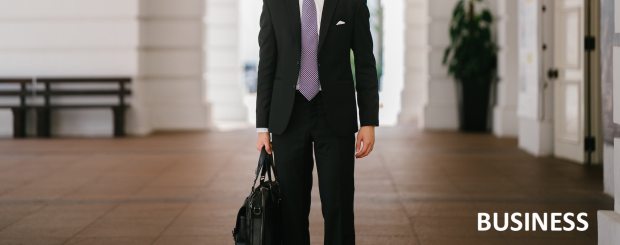
As part of an assignment for an online course, I developed an article arguing for the role of renewable fuels in the low-carbon economy of the future. I reproduce the full final draft here for my blog readers.
Climate change is a real, global catastrophe that needs urgent and immediate action. 2024 marks the first full year of warming above 1.5 deg C, determined by scientists as the climate change threshold. The Paris agreements were designed to ensure that the long-term average temperatures towards the year 2050 do not exceed this threshold. Breaching this threshold portends irreversible ecosystem damage and more dangerous climate conditions worldwide.
A huge part of climate action involves decarbonising our energy systems, which are responsible for nearly 90% of all anthropogenic carbon emissions. The rapid deployment of wind, solar, hydro, geothermal, and combined with giant battery energy storage systems and pumped hydro energy storage systems, is supporting the decarbonisation of electricity grids and systems. While they are aiming to displace current fossil fuel-based systems, running on fossil coal, oil and gas, there are severe limitations and significant. Only about 20-22% of final energy consumption takes the form of electricity, which means that direct fuel consumption is still the main approach for the consumption of energy.
The solution to this conundrum is renewable fuels; first in the form of biofuels and, subsequently, a combination of biofuels and synthetic fuels produced through various chemical processes, some of which involve renewable electricity as well. Renewable fuels are not transition fuels. They will continue being carriers of energy in the future and serve as an important decarbonisation solution for industries that need to be supported and scaled up.
Renewable fuels are an essential complement to renewable electricity. Not all energy users are served by the electricity grid. The majority of the transport sector, as well as heavy industries, rely on fuels because of mobility or scale requirements. While battery technologies are catching up and have experienced a phenomenal decrease in costs, there are still operational limitations for many use cases. Long-haul heavy transport, due to its energy consumption and mobility, does not lend itself to battery systems. Therefore, even with electrical power production completely decarbonised, significant energy consumption in fuels will still need to be decarbonised. Renewable fuel represents such a solution that will enable low-carbon aviation, maritime transportation, mining and steelmaking to give a few sectors as examples. These sectors are not going away; they will play vital roles in the low-carbon economy of the future.
Renewable fuel contributes to energy resilience and security for countries and industries. Electricity cannot be stored for the long term across seasons except in pumped hydro storage, which requires specific geological features that are not present everywhere. Producing renewable fuels and storing them enables much longer-term energy storage, which can contribute to energy security in times of instability or when supply disruptions occur within the electricity system. This is because fuels are much more stable and transportable, and energy can be released on demand. For example, data centers’ backup power could be a huge battery energy storage system but without an additional source of energy, the batteries would eventually drain down to zero. Renewable fuel can be continuously supplied to the site, and power operations can be operated continuously.
There may be the view that once everything is electrified, only solar, wind and other renewable power generation sources are needed. As mentioned, renewable fuels provide an essential source of energy for mobility and several other sectors that are challenging to electrify and would still require fuel as a backup and for resilience. Moreover, renewable fuels are molecules used not only for energy but also in other chemical industries as chemical feedstocks. Dealing with climate change will require a shift away from fossil-based chemical feedstocks towards low-carbon ones which can be unlock from renewable fuels.
Recognising the role of renewable fuels in the climate transition is just the first step. The next would be to call upon policy actions, advocacy and industrial adoption to ensure the commercial viability. Renewable fuel technologies are available and established. To get to palatable levels of cost for the market, world-scale production needs to be established. That will require industries and energy users to provide unequivocal support for adoption. This is can only be possible with strong policy action to price carbon emissions, mandate blending and adoption; driving demand expansion serves also to expand production and enable economies of scale necessary to make renewable fuels a cost-effective solution for decarbonisation. The low-carbon future is not possible without renewable fuels; and renewable fuels will not enter the equation without policy action.









